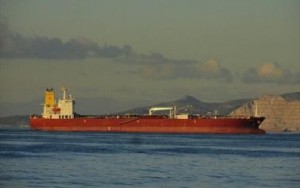Malta’s government refused to accept the 102 migrants who were rescued from a dinghy and left Italy to take in the migrants. Despite EU pressure, Malta’s refusal raised questions of morality and human rights from different organisations.

The survivors escaped from a Salamis oil tanker that was 80 km off the Libyan coast. Malta said that the Salamis tanker was heading for Syracuse in Italy. Malta said that the Italian authorities welcomed the Migrants aboard Salamis and diplomatic contracts between Malta, Italy and Greece were perfectly followed.
However, Maltese Prime Minister Joseph Muscat became controversial with his approach to the Salamis incident. Muscat formally announced that the government considered expelling the migrants to avoid EU pressure and “send a message” that Malta is a country with its own sovereignty and capability to make its own decisions.
The EU Affairs Commission said that it was Malta’s “humanitarian duty” in such a situation and their delay had almost breached international law. However, Muscat said that the country fulfilled its international obligations and said in a statement that it will not “intervene for irresponsible boat owners who break laws for their commercial activities”.
The Salamis tanker was heading to Malta with a shipment of oil. Most of the tankers coming from Africa and Libya are vessels operated by traffickers to get to Europe.